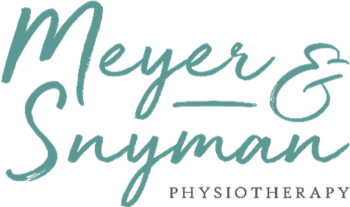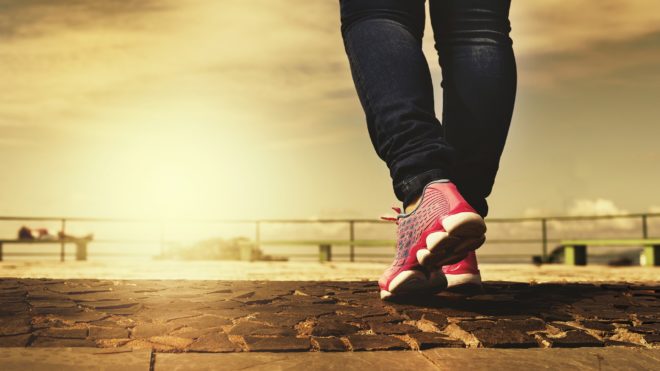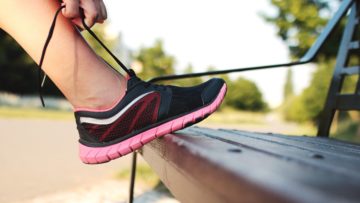So many people living modern lifestyles are sleeping too little and badly.
The Centers for Disease Control and Prevention in the USA estimates that nearly one-third of adults sleep less than the recommended seven hours per night needed to maintain optimal health.
Instead, they spend their nights in the quiet bedroom, phone in hand, trawling Google for advice and tips, like no caffeine or other stimulants after noon, good sleep hygiene and supplements such as melatonin. Many of us simply give in and ask our doctors for “something to help me sleep, please”.
Research has linked sleep deprivation to:
- Impaired cognitive performance (“brain fog”) and impaired alertness
- Poor mood (Many people experience irritability and downright bad temper after nights of poor sleep, and, for many, depression is triggered by sleep deprivation.)
- Impaired metabolism of blood sugar (linked to Type 2 Diabetes and weight gain)
- Impairment of our natural mechanisms of appetite regulation (In fact, the impact of sleep deprivation on weight issues is so profound that many now consider that programmes for weight loss and maintenance should include aiming for good sleep as a priority.)
- A deterioration of immune system functioning
- Accidents (Sleepy people who are not alert are behind a lot of vehicle accidents and workplace accidents.)
- Dampening of your sex drive
- Aging skin (Lack of sleep triggers changes in several hormones, like the stress hormone, cortisol, which affect the skin.)
There is one solution that your physiotherapist would urge you to consider: Exercise.
“There is a large body of research that shows a positive impact of exercise on sleep,” says the president of the South African Society of Physiotherapy, Professor Witness Mudzi.
“A recently published review of many studies, for example, showed that exercise promoted increased sleep efficiency and duration regardless of the mode and intensity of activity, especially for the middle-aged and older people.”
In other words, you don’t have to do high-intensity exercise or aim for ultramarathon fitness: you can just embark on a programme of light to moderate exercise, today.
Take the stairs instead of the lift, or go for a walk at lunchtime instead of ordering in a sandwich or burger.
“Even ten minutes of aerobic exercise a day can help with sleep,” says Professor Mudzi. “The important thing is to do it regularly – and at a time that suits your own body. For most people, this will be in the early morning.”
Source: https://www.saphysio.co.za



